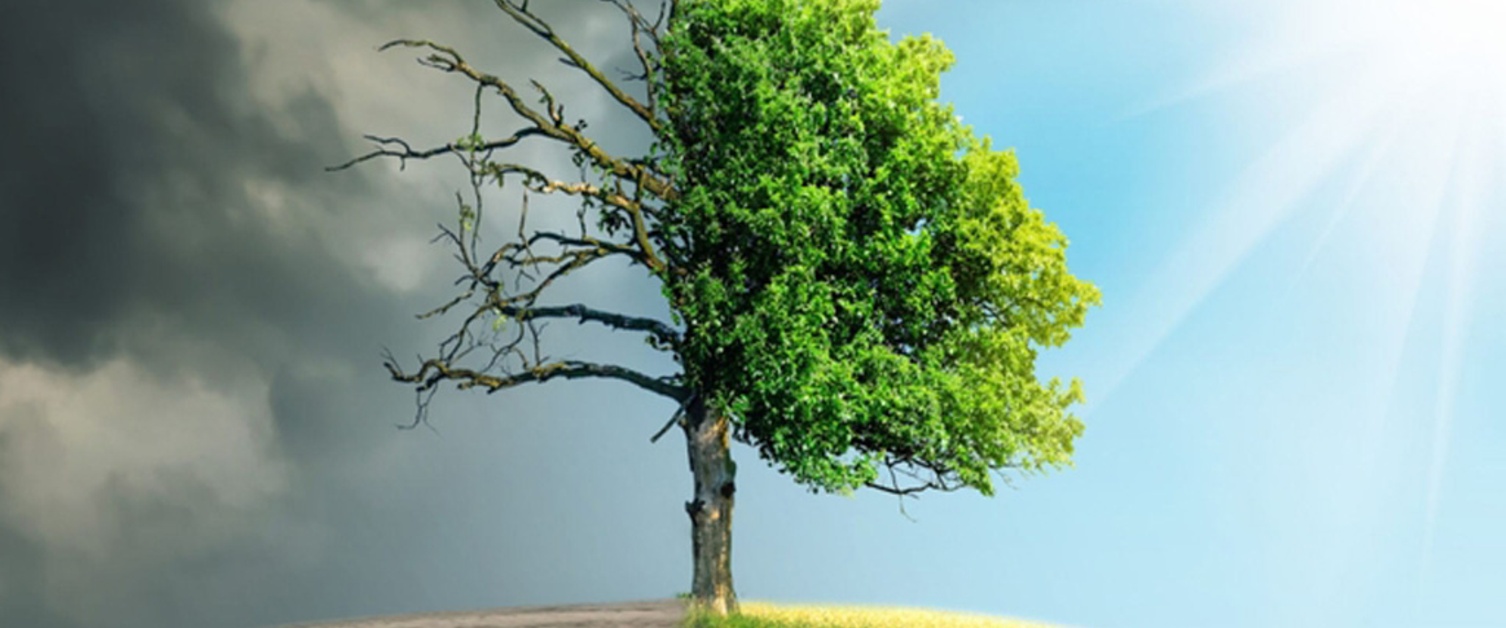How to Be a Changemaker
- foster care rights, my rights
- Resources for Parents, Guardians, Families, Resources for Professionals
“Change will not come if we wait for some other person or some other time. We are the ones we've been waiting for. We are the change that we seek.”
—Barack Obama
A changemaker is anyone who works toward improving the environment and society around them. Changemakers are those who are intentional about identifying a problem, whether it be societal or environmental. They are those who are willing to work toward a solution through creative action.
Think about how many changes you’ve made throughout your life and the positive impact those changes have had. Now think about areas of your life that are impacted by society or your environment. Can you identify any problems within these areas? Is there anything you’d like to change? What would you do if an opportunity arises where you’re able to evoke change through action? Would you take it?
Being a changemaker can be challenging. It can be scary to stand up for what you believe in or to call upon change, but oftentimes change is the only way to move forward. Take Martin Luther King Jr. for example, he inspired millions of people to aspire for a more just and fair society by calling upon change.
The possibilities are endless when it comes to the positive impact you can have on your environment. It could be a matter of sharing your opinion in a public space, making your voice heard, participating in organizations that stand for change, and so much more.
What is the Role of a Changemaker?
The role of a changemaker is to achieve positive change through taking action. Changemakers give themselves permission to do something about a social or environmental problem, and to keep striving for change until they make a difference. A changemaker is innovative. They use critical thinking, problem-solving skills, and communication to bring about change, and to empower others to be the change our society needs to flourish.
Anyone can be a changemaker, as long as they’re interested in making change.
What are the Characteristics of a Changemaker?
According to How to Be a Change Maker, here are a few characteristics that make up being a changemaker:
- Resilience—the tenacity to persist, and also to withstand criticism
- Vision—a clear view of the brighter future they are working towards
- Commitment—a deep conviction, demonstrated by action, that they are working towards something that really matters
- Integrity—they do the right thing, no matter how difficult that might be
- Connection—they relate to others, create community, and galvanize people to join the change mission.
What are Ways You Can Work Toward Change?
-
Practice random acts of kindness
-
Small random acts of kindness are a great way to impact social change. It could be as simple as smiling at someone or sparking up a conversation with someone about their day. The great thing about small acts of kindness is they tend to have a rippling effect, meaning the person you’re smiling at or chatting with is more likely to pay it forward and do the same to someone else.
-
-
Volunteer in your community
-
Volunteering is a great way to impact social change and is incredibly meaningful. Volunteering may give you the opportunity to see what resources or areas your community is lacking and call upon change.
-
-
Have conversations
-
By engaging in conversations with the people in your life, you can learn about the changes they hope to see in the future and share your own hopes too. Through these conversations, you may gain insight on societal problems you want to work toward changing.
-
-
Join in social movements
-
Check out any local protests, sit-ins, or movements happening in your area that might interest you. The more people join these social movements, the more likely change is to happen.
-
What’s Another Word for Changemaker?
- Activist
- Leader
- Developer
- Innovator
- Influencer
- Groundbreaker
- Creator
- Trendsetter
Resources
- The role of students as problem solvers and changemakers. — Education Influence
- How to Be a Change Maker. The Definitive Guide — The Big Bang Partnership
- The Art of being a Changemaker: How to do it and why it matters. — Deke Copenhaver | Medium
- 19 powerful activist quotes to inspire the change-maker in you — the ethical guide
- 7 Steps for Changing the World — Improving Society and Your Life
- 4 small ways to make a big social impact
- What Is Social Change? How to Change Society for the Better — 2023 MasterClass
About the Author
Kat works in healthcare and advocacy. As a former youth with lived experience, one of her biggest goals is to uplift youth voices within the child welfare system and influence policy to reflect better outcomes for youth in care. Her passions surround everything related to the art of storytelling.
